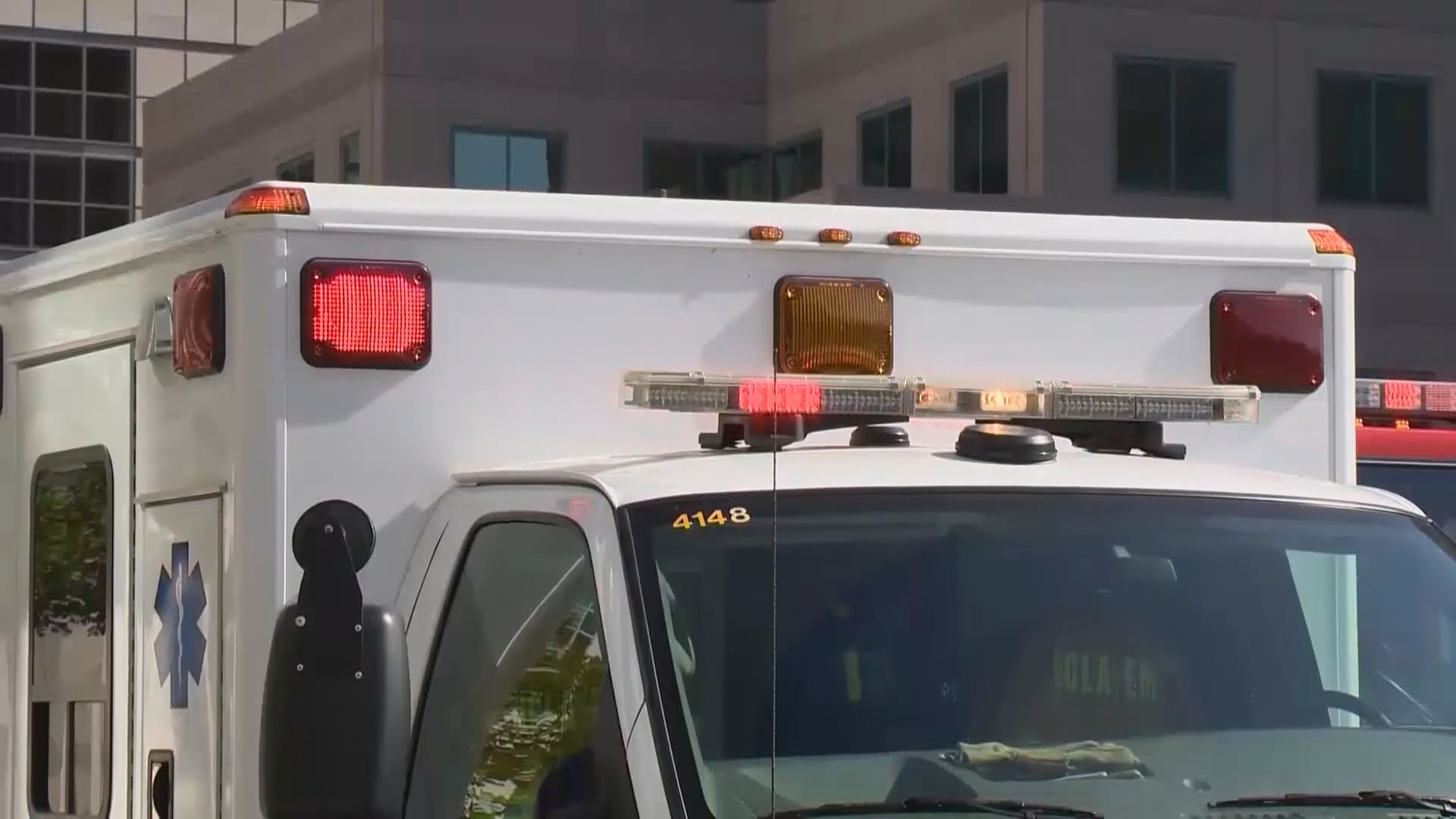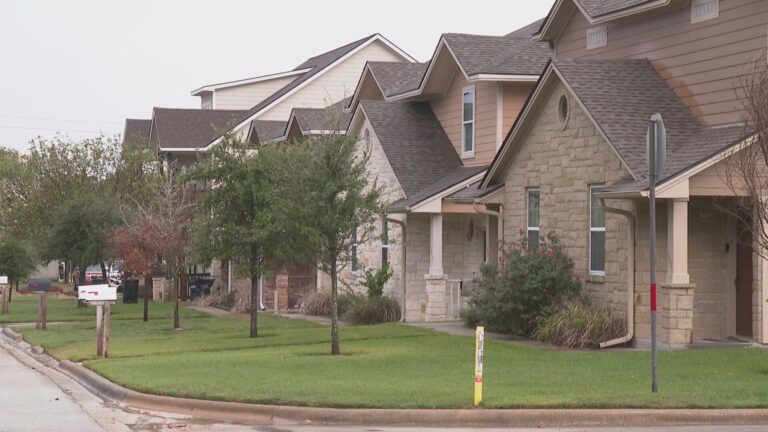Immigration, healthcare experts expect pushback on latest executive order
BRYAN, Texas (KBTX) – Gov. Greg Abbott signed an executive order requesting public hospitals to collect information on patients’ immigration status and report costs of care for those living inside the U.S. illegally.
The governor cited reimbursement needs from the federal government due to high costs from the state to provide care for illegal immigrants. However, experts have pushed back on this order saying it could endanger the healthcare community and people.
Bryan-based immigration lawyer, Laura Leon, says when she first saw the order, she was concerned this wouldn’t just scare away people living in the country illegally from accessing care, but family members as well.
”Let’s say there’s a family where there’s a mixed situation, where there’s U.S. Citizens and there are immigrant members in the family. They’re going to have second thoughts to see if they want to seek this medical assistance or not because they’re going to have this fear that if the hospitals are collecting this information, instructed by Governor Abbott, [the information] will likely then be sent to immigration agencies like ICE to then potentially start some sort of removal proceeding against the immigrants,” Leon said.
But she highlighted this isn’t the case. Right now, hospitals are federally required to treat patients regardless of immigration status or ability to pay.
Leon says since there are already laws in place to protect people from having to reveal immigration status in an emergency healthcare setting, this order could see some pushback before it takes effect in November.
”If they’re required to give this information, our immigrant community will likely have a fear to even seek medical attention and in case of an emergency, this could really affect their health,” she said.
Institute for Healthcare Access Executive Director, Keegan Warren, agrees with Leon that this could lead to a decline in seeking care. But, she highlights ways that could lead to even higher costs that are put on states and the federal government to cover care.
”I think that this notion of uncompensated care is that sometimes the things that we might do purportedly to reduce uncompensated care actually increase it. So if for example, you undermine a community’s trust in healthcare what can happen is that they delay care. And when they delay care they don’t get preventive care and they are going to need much more costly care on the back end,” Warren said.
Warren says actions from the government that require reporting patient information from a healthcare setting undermine the whole system.
”It will negatively affect patient care, both in terms of experience but also in terms of potential harm to our healthcare workforce, which is already experiencing record levels of burnout and part of that burnout is attributable to a sense that the social contract that we as a society have made with clinicians has been broken because when we promulgate policies, we’re not always considering the ways that it will impact the profession and the practice of medicine,” she said.
The executive order takes effect in November, but it emphasizes that a person’s immigration status cannot impact the level of care they receive. Baylor Scott & White is one of the many hospitals that will fall into required reporting from this executive order. A spokesperson said, “We comply with all federal, state and local regulations and requirements.”
Laura Leon Law works to assist those seeking legal status in the U.S. and understand legal proceedings.







